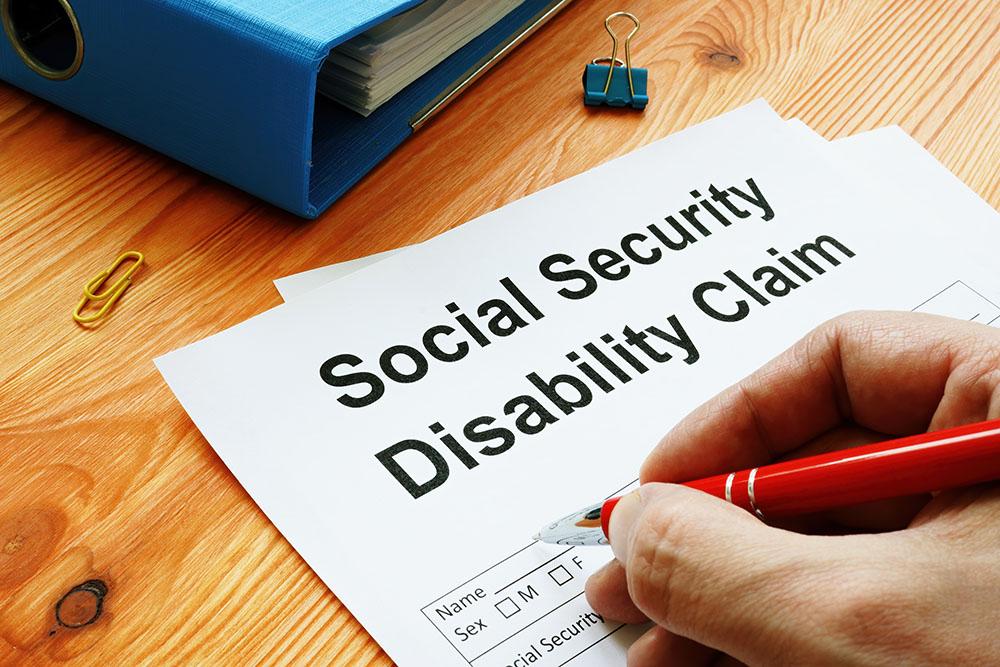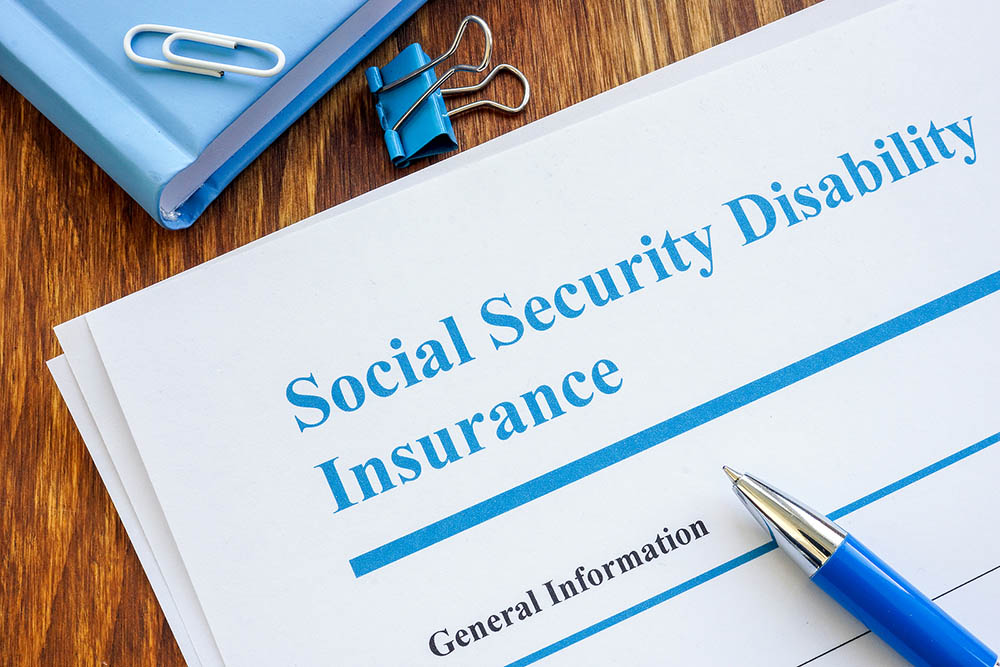Sexual abuse in educational institutions is a troubling yet important topic to address. These places, meant to nurture and educate, sometimes become sites of harm for students. This issue isn’t just a headline in the news; it’s a reality that affects many lives. Understanding how to deal with these situations legally can make a significant difference. Have you ever wondered what steps are involved in getting help?
In order to assist victims better, it’s crucial to comprehend the legal process surrounding such abuse. Recognizing the structures in place and steps to take empowers students and their families to seek justice effectively. Let’s dig into the key aspects of navigating this legal journey and why addressing sexual abuse swiftly is really important.
Understanding Sexual Abuse in Educational Institutions
Sexual abuse in schools and colleges often goes unreported, mainly because students may not recognize the abuse or feel safe enough to report it. It includes actions where an individual, often in a position of authority, takes advantage of a young person for their own personal gain or satisfaction. This can range from inappropriate touching and unwanted advances to more severe forms of assault.
Common types of abuse might include:
– Verbal abuse, where inappropriate comments or threats are used.
– Physical abuse, which involves any unwanted or forceful touching.
– Emotional manipulation, often seen as encouraging inappropriate relationships through gifts or attention.
Addressing and reporting these incidents as soon as they occur is important to prevent further harm. Educational institutions are often required by law to take these claims seriously and to investigate them. When abuse is reported, it helps create a safer environment for everyone. Schools have protocols they follow, not just to protect the victim but also to ensure the accused is fairly investigated and that necessary actions are taken to prevent it from happening again.
A relatable example might be a student who confides in a teacher about feeling uncomfortable with how another staff member interacts with them. The teacher’s action, in reporting the matter to the appropriate authorities, could prevent future incidents and address current injustices. This illustrates how crucial it is to report and respond to such situations quickly.
Legal Rights and Protections for Victims
Victims of sexual abuse in educational settings have specific legal rights designed to offer protection and justice. These rights involve ensuring safety, proper investigation of claims, and accessing necessary support services. Federal and state laws, such as Title IX, protect students from discrimination based on sex in any education program receiving federal financial assistance.
These laws mandate educational institutions to have procedures in place to handle complaints. Victims can report incidents without fear of retaliation, and schools typically must take immediate and appropriate action to investigate allegations.
In Wilmington, NC, victims have access to legal avenues that cater specifically to their needs. For instance, local laws align with federal guidelines, providing comprehensive support and legal options. This is to empower victims to pursue justice, ensuring their voices are heard and their dignity is upheld.
Knowing these rights enables individuals to navigate through the process more confidently. It also reassures them that they are not alone in their journey toward justice and healing. Understanding these protections helps victims and their families to make informed decisions about the next steps.
Steps to Take if You’ve Experienced Sexual Abuse
Taking immediate action is important when facing sexual abuse. First and foremost, ensure your safety. If you’re in danger or have been harmed, finding a safe space should be your priority. Reach out to trusted friends, family members, or hotlines for immediate support and guidance.
Once you’re safe, it’s important to document the incident. Writing down details like the date, time, place, and what happened can help when it comes time to report. This documentation acts as a record that can support your claim later on. Preserve any potential evidence such as clothing or messages that may be relevant.
Reporting the abuse is a significant step. Informing authorities, whether a school official or local law enforcement, starts the formal process of addressing the issue. Most institutions have dedicated people to handle these kinds of reports confidentially and with care, ensuring your experience and safety are prioritized.
Seeking Legal Help in Wilmington, NC
When faced with the legal complexities of a sexual abuse case, getting in touch with a lawyer who specializes in these matters can be invaluable. A Wilmington sexual abuse lawyer can provide insights into the local laws and help you make informed decisions about your case. They understand the legal landscape and can guide you through each step of the process.
Hiring a legal representative includes an initial consultation where your situation is discussed, allowing the lawyer to outline possible legal actions. They explain what to expect from investigations, if any legal action proceeds, and the way court processes might unfold. Legal representation ensures you have someone advocating for your rights and interests at every stage.
Expect transparency during this journey. Good legal counsel will keep you informed about what’s happening, advise on the best course of action, and work towards achieving the justice and resolution you deserve.
Moving Forward After Legal Action
It’s natural to feel a range of emotions after the legal process, and finding support can immensely aid in healing. Counseling services can provide a safe space to express and work through feelings. Many organizations offer free or low-cost services for those affected by abuse.
Taking care of your emotional and physical health is a key part of recovery. This may include staying connected with supportive people, engaging in activities that bring joy or peace, and taking time for self-care. Communities often have resources like support groups where people with similar experiences can share and connect.
Remember, seeking justice is an empowering step, not just for you but for others who might be in similar situations. By speaking up and taking action, you contribute to creating a safer environment and raise awareness, helping prevent future incidents. Your courage can inspire and make a difference, reassuring you that you’re not alone in this fight.
Choosing the right legal support is key when dealing with cases of sexual abuse in educational settings. If you’re seeking justice and need personalized legal guidance, a Wilmington sexual abuse lawyer is your best ally. At Greg Jones Law, P.A., we’re committed to advocating for your rights while handling the complexities of your case. Learn more about how we can support you today.




